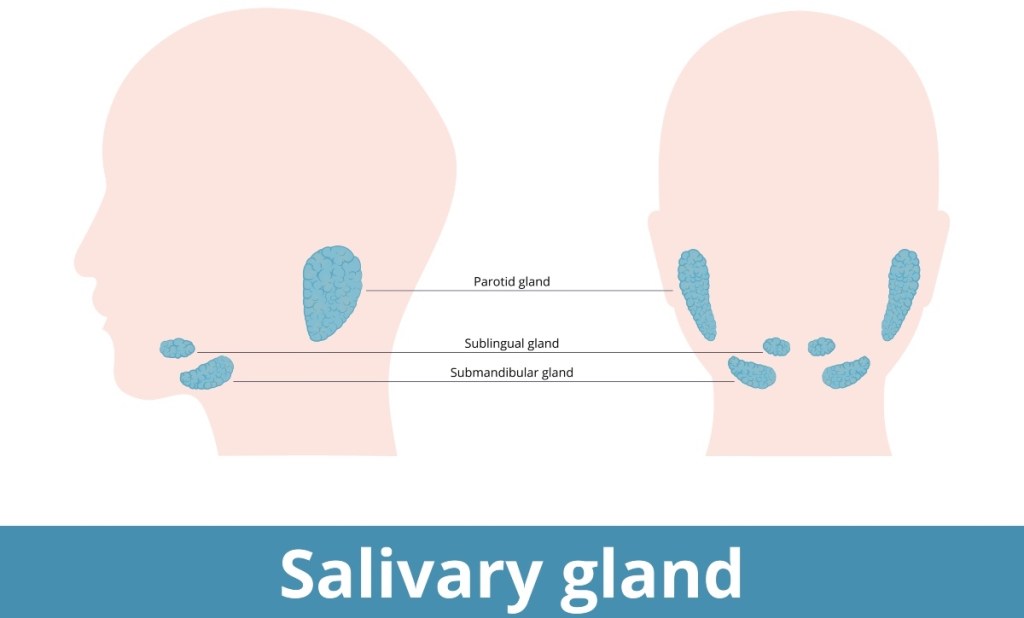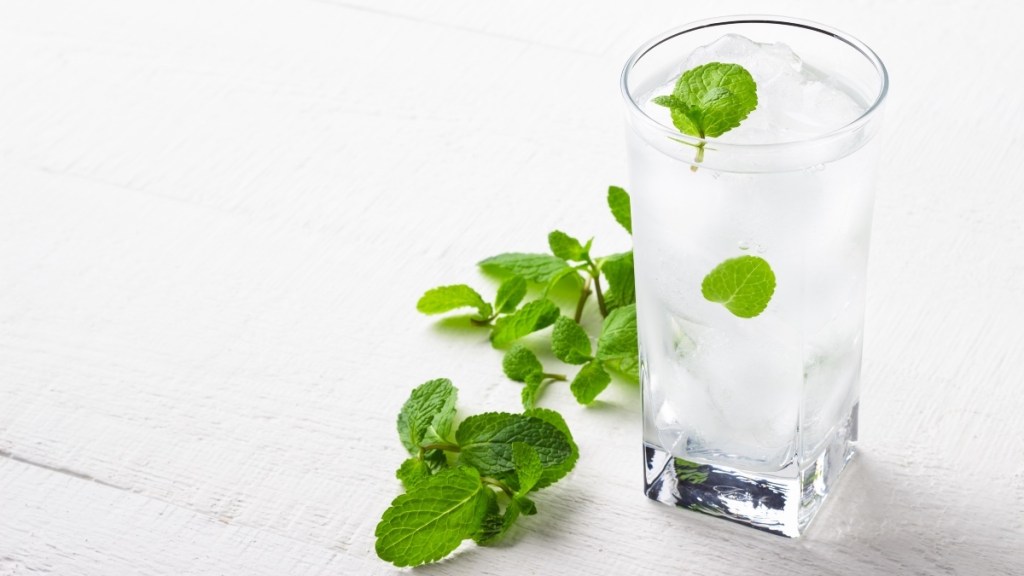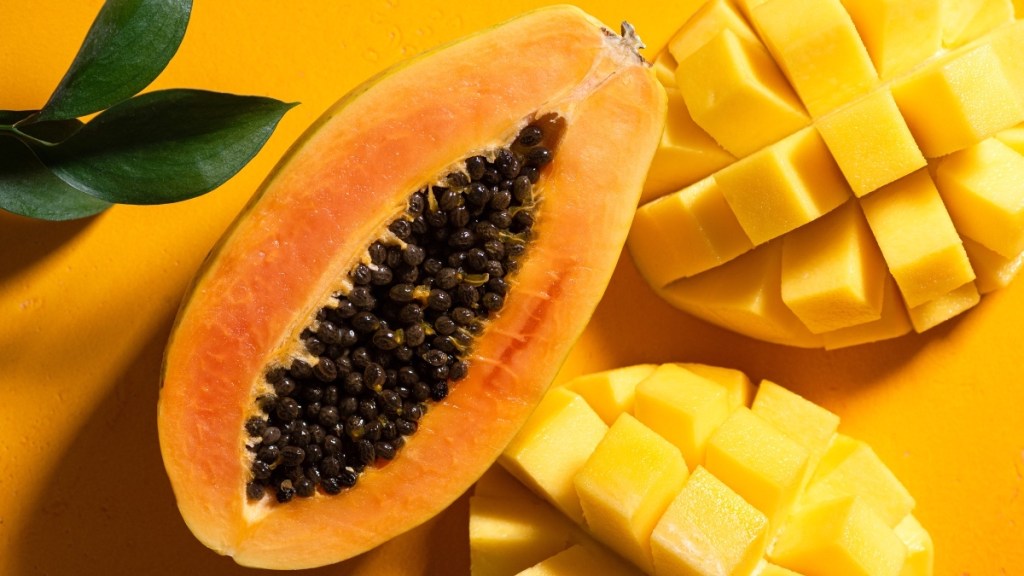Dry Mouth Is Often The First Sign of COVID — and Menopause! — Dentists Explain What You Need To Know and How To Find Relief
Though easy to ignore, you don't want to leave dry mouth unchecked — especially when the cure is so easy

You know that parched, sticky feeling on your tongue or lips that can strike when you’re very thirsty? If it seems to be happening every day, it could be a case of dry mouth. You may be wondering if COVID is the sneaky cause behind your dry mouth, as the symptom can be an early warning sign of infection. But odds are there’s another more common trigger. Whatever the culprit, research proves there are a wealth of easy, inexpensive fixes that can get your mouth feeling back to normal — fast!
Symptoms of dry mouth
Dry mouth, or what dentists call xerostemia, happens when you don’t make enough saliva or spit. “This vital fluid not only moistens and protects the oral cavity, but also initiates the digestive process and aids in swallowing,” explains Kami Hoss, DDS, a dentist in Chula Vista, California and author of If Your Mouth Could Talk.
You probably already know that dry mouth can leave your tongue and lips feeling positively desert-like. But a lack of saliva can cause other issues, too. If you have dry mouth, you might notice the follow symptoms:
- Your mouth feels dry or sticky
- Your saliva seems thick or stringy
- You have a bad taste in your mouth, or your breath smells bad
- You have trouble chewing, speaking, or swallowing
- Your throat feels dry, sore, or hoarse
- Your tongue feels dry or grooved
- Food tastes different
- Lipstick leaves stains on your teeth
- If you wear dentures, they might not fit the way they usually do
The most common causes of dry mouth
1. Menopause and aging
There are lots of things that can slow down your mouth’s saliva-making factory. The number one culprit? “It’s aging,” says Melissa Calhoun, a RDH-MSDH, a dental hygienist in San Diego, California. “As we get older, the mucous membranes throughout our body tend to work less effectively, including the ones in our mouths. So we produce less saliva, and at a slower rate.” And menopause only worsens dry mouth. Plunges in saliva-regulating estrogen levels leave menopausal up to 617% more likely to experience oral discomfort such as dry mouth. (Menopause can also trigger “down there” dryness — see the best natural remedies for vaginal dryness — and vision-hampering dry eye — see how to improve your vision in 7 days.)
2. OTC and prescription medications
Certain medications can also leave you with a case of “cotton mouth” by suppressing the body’s production of saliva. Some of the most common offenders include antihistamines, decongestants, antidepressants, anti-anxiety medications, high blood pressure medications, and some muscle relaxants and pain relievers. Breathing through your mouth (like if you’re congested, snore or have sleep apnea) can make it dry too, Dr. Hoss says.
3. Diabetes and other chronic illnesses
Other common dry mouth triggers include diabetes, stroke, an oral yeast infection, tobacco or alcohol use, cancer treatment (such as chemotherapy or radiation), stress and nerve damage from a head or neck injury. (See how dry mouth can trigger yellow tongue, too.)

The connection between dry mouth and COVID
While age and underlying health conditions can play a role in sapping saliva production, dry mouth can sometimes be an early symptom of COVID-19, according to a study in the journal JAMA. “Published studies report up to 60% of patients reported dry mouth 3 to 4 days before the general infection began,” explains Gary Weinstein, MD, a pulmonologist at Texas Health Presbyterian Dallas in Dallas, Texas.
If you notice signs of a dry mouth that started after you could have come into contact with COVID, such as attending a large gathering or public event, your first step is to do a home test. If it’s positive, you may want to ask your doctor about treatment options that could speed recovery for those at risk of severe illness. But if you’ve ruled out a COVID infection and find your dry mouth troubles are still lingering, you’ll want to read on for the best natural fixes.
The top 8 natural remedies for dry mouth
A dry mouth isn’t just unpleasant (and a little stinky, thanks to its resulting bad breath). Over time, it can potentially lead to problems like cavities or gum disease, Dr. Hoss warns. Helping your mouth stay hydrated will keep you more comfortable — and keep your teeth protected, too. So what can you do to stave off that parched, lost-in-the-Sahara feeling? These easy, inexpensive strategies work wonders.
1. Sip a cold glass of mint water
Turns out one of the simplest remedies for dry mouth is one of the best: Drinking small sips of water throughout the day helps moisten your mouth. Calhoun explains that this keeps dryness from setting in. An easy way to boost the benefit? Add a sprig of fresh mint to your next glass of water.
Not only is mint refreshing, it’s been shown to fight that dry-mouth feeling better than plain water, according to one Journal of Pain and Symptom Management study. In fact, folks who sipped cold water infused with mint ice cubes experienced up to a 50% drop in the severity of their dry mouth symptoms. Mint’s menthol stimulates saliva production, plus it cools irritation triggered by a parched mouth. (See how drinking cold water tones your vagus nerve to ease chronic stress.)

2. Go for a glycerin lozenge
Sucking on a throat lozenge encourage your mouth to make more saliva. The trick: opting for a sugar-free lozenge (sugar can worsen dry mouth) that’s also made with glycerin. The compound coats your mouth and throat, according to UT Southwestern Medical Center experts, increasing oral moisture to thwart dry mouth. One to try: ACT Dry Mouth Lozenges (Buy from Amazon.com, $ 6.48). (Discover how to choose the right throat lozenge for other pesky symptoms.)
Also smart: Swishing with glycerin. Simply dilute a few drops of glycerin in a glass of water, swish it around your mouth, and spit. Glycerin attracts moisture, helping to ease symptoms of dry mouth for up to two hours, found a study published in the European Journal of Oral Sciences. One to try: Glycerin Supplier Food Grade Glycerin (Buy from Amazon.com, $7.95).
3. Spritz with aloe
You know aloe as a skin soother for minor sunburns and irritation. But spritzing it directly into your mouth can also be a powerful way to keep dryness at bay. Simply fill a small spray bottle with water and a few drops of food-grade aloe vera. Then spritz your mouth whenever you’re feeling parched (no need to rinse afterward!). Research shows aloe keeps your mouth moist longer than if you’d used just plain water.
That’s because aloe is a humectant, meaning it has spongelike properties that draw in moisture and hold onto it. In fact, aloe is so effective that the researchers found folks who used it three times daily experienced also so improvements in difficulty swallowing, saliva production, difficulty tasting foods and even waking up during the night due to thirst. (See how aloe juice can help speed weight loss.)
4. Snack on juicy papaya
Papaya contains papain and bromelain, two natural enzymes that may thwart dry mouth. A study published in the International Journal of Dentistry and Oral Health found 100% of folks who took papaya enzymes daily experienced a marked improvement in their dry mouth and increased saliva flow for three hours. What’s more, 77% of study participants reported feeling less thirsty, and 82% found their speech and swallowing dramatically improved.
Credit goes to bromelain’s ability to increase the production of saliva and papain’s ability to thin thick saliva that can make it hard to keep your mouth evenly moisturized. Aim for a cup of cubed papaya daily, or consider a supplement such as Nature’s Life Bromelain & Papain (Buy from Amazon.com, $35.99).

5. Swap your mouthwash
One possible sneaky culprit behind dry mouth: your mouthwash. Formulas that contain ingredients like alcohol or peroxide will only make your mouth more parched, Dr. Hoss says. Make the swap to an alcohol-free formula instead. And for added relief, consider one that contains olive oil, betaine or xylitol. A study in the Journal of Oral Rehabilitation found that these ingredients increased saliva flow and decreased dry mouth. “Use it in the morning before you walk out the door and again at night before bed,” Calhoun recommends. One to try: Spry Dental Defense Mouthwash with Xylitol (Buy from iHerb.com, $7.99).
Also smart: Consider switching to a toothpaste made for dry mouth, too. “Look for ingredients like xylitol and sodium bicarbonate,” which help boost saliva production, Dr. Hoss says. One to try: Biotene Fluoride Toothpaste (Buy from Amazon.com, $6.72).
6. Switch on a humidifier
Humidifiers aren’t just for soothing winter colds! They add more moisture to the air, which helps keep your mouth moist. And simply running a humidifier in your room at night can make your mouth feel more comfortable while you sleep and less dry and sticky in the morning, found a study published in the journal Head & Neck. Just don’t overdo it. A little extra moisture is a good thing (keeping your indoor humidity level between 30% and 50%), but a rainforest-like atmosphere can up the risk for mold growth or dust mites. (Learn how air conditioning can make you sick by recirculating mold)
7. Chew strawberry gum
Need relief on the go? Chewing a piece of strawberry-, apple- or watermelon-flavored gum can stop dry mouth in its tracks. A study in the Dental Research Journal finds the fruity flavors trick your body into producing more saliva by making your brain think you’re about to eat a sweet dessert. Even better: Findings in the Archives of Oral Biology show these hydrating effects last for at least 2 hours.

8. Try pine bark extract
Pycnogenol, also known as maritime pine, is a compound sourced from the bark of pine trees that grow wild along the French seaside — and a potent dry mouth soother. A study in the journal Minerva Stomatologica found that within two weeks of taking 150 mg. of Pycnogenol daily, the super-antioxidant improves microcirculation to salivary glands, boosting saliva production up to 83%.
When to see a dentist for dry mouth
Very stubborn cases of dry mouth might need prescription-strength relief, especially if the dryness is caused by an underlying health condition. Ask your dentist about oral medications like Salagen or Evoxac, which work by stimulating your mouth to make more saliva.
It’s also a good idea to let your dentist know if your mouth seems uncomfortably dry most days. They can help you figure out if your dry mouth has a root cause that can be fixed, like adjusting a medication or treating sleep apnea, Dr. Hoss says.
Even if there is no underlying health issue (such as COVID-triggered dry mouth), looping in your dentist is still a smart move, since dry mouth increases the risk for cavities and gum disease. They can keep a close eye on your teeth and gums to catch dental problems sooner, keeping your smile healthy.
Read on for more ways to outsmart dryness from head to toe:
MDs Reveal The Best Natural Remedies for ‘Down There’ Dryness
Is Your Skin Dry and Itchy? It Could Be a Sign of This Serious Health Condition













